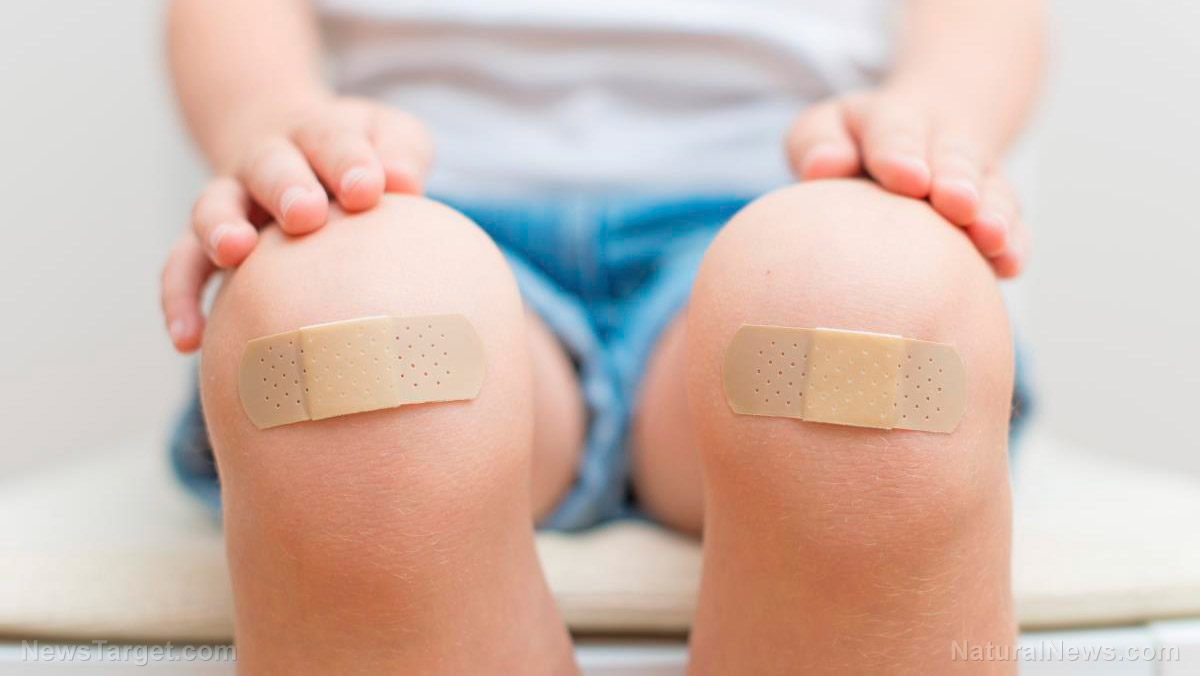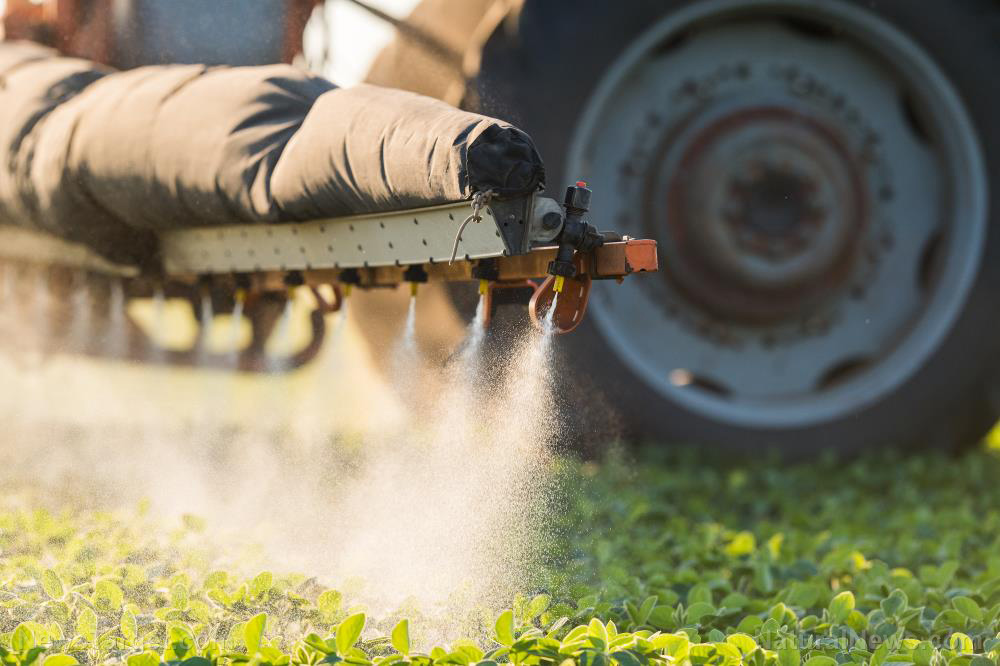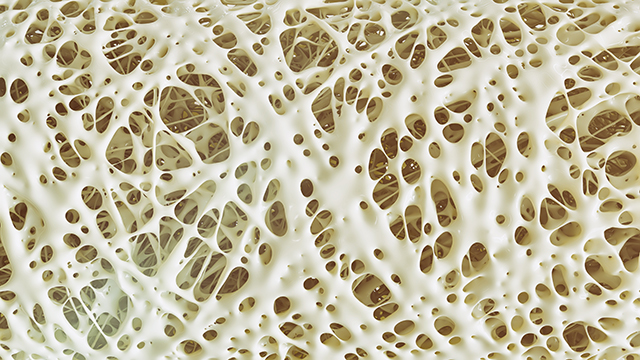REPORT: Over 16,000 chemicals found in common plastic products, 3,000 more than the previous estimate
03/19/2024 / By Laura Harris

A new report from the PlastChem Project has found that there are at least 3,000 more chemicals present in different plastic products than previously estimated.
Conducted by a team of European scientists and funded by the Research Council of Norway, the report identified over 16,000 chemicals in common products like water bottles, teething toys and even medical products like blood bags.
This staggering number is a significant increase from the previously estimated 13,000 chemicals identified by the United Nations Environment Program.
A few of the thousands of chemicals found in plastics are per- and poly-fluoroalkyl substances, or “forever chemicals,” which are linked to cancer and liver damage and low birth weight; phthalates, which mimic hormones and lower testosterone levels; and bisphenols, which mimic estrogen to disrupt the endocrine system. (Related: Study: Paper and bamboo drinking straws have HIGHER concentrations of FOREVER CHEMICALS than plastic straws.)
Moreover, the researchers discovered information gaps in over a quarter of the plastic chemicals in circulation. In other words, the chemicals “lack basic information on their identity and more than half have ambiguous or missing information on their functions and applications in the public domain.”
But despite being hazardous, only a small fraction of the chemicals are regulated by environmental agreements – just 980 out of 4,200. Meaning, over 3,200 potentially harmful chemicals are not being monitored, and their spread throughout the environment and to the products sold every day is unknown.
Human knowledge is under attack! Governments and powerful corporations are using censorship to wipe out humanity's knowledge base about nutrition, herbs, self-reliance, natural immunity, food production, preparedness and much more. We are preserving human knowledge using AI technology while building the infrastructure of human freedom. Speak freely without censorship at the new decentralized, blockchain-power Brighteon.io. Explore our free, downloadable generative AI tools at Brighteon.AI. Support our efforts to build the infrastructure of human freedom by shopping at HealthRangerStore.com, featuring lab-tested, certified organic, non-GMO foods and nutritional solutions.
“Only six percent of the chemicals found in plastics are regulated internationally. Without regulatory pressure, there is no motivation to disclose what’s in the plastics,” said Martin Wagner, an environmental toxicologist at the Norweigan University of Science and Technology and the lead author of the report.
Researchers call for strenuous regulation of plastics
Jane Muncke, co-author of the report and managing director of the Swiss nonprofit Food Packaging Forum, warned of the health risks associated with exposure to these chemicals. She claims that certain plastic chemicals have been linked to fertility issues, heart disease, cancer and other adverse health outcomes.
The study used four key criteria to assess the dangers of these chemicals: persistence, mobility, bioaccumulation and toxicity.
Persistence refers to the chemicals’ ability to resist breakdown or degradation in the environment. Mobility, on the other hand, refers to their ability to spread. Bioaccumulation underscores the chemicals’ propensity to accumulate in living organisms over time, potentially leading to adverse health effects. Lastly, toxicity signifies their capacity to cause harm to humans, wildlife and ecosystems.
Similarly, a report published in February confirmed that recycling plastics is neither economically nor practically feasible, contradicting long-standing industry claims.
In response, the authors of the study stressed the need for a holistic approach to plastic regulation, encompassing all stages of the plastic lifecycle – from production to disposal. They emphasized that without significant pressure on both industry and governments to enact change, the hazardous effects of plastic chemicals will persist unabated.
“Governments across the globe want to tackle the plastics problem. However, this can only be achieved if problematic plastic chemicals are properly dealt with. The report provides the much-needed scientific evidence to make plastics safer for the environment and for us humans,” he said.
Listen to this episode of “Finding Genius Podcast” where Steve and Deonie Allen talk about how to address the world’s plastic crisis.
This video is from the Finding Genius Podcast channel on Brighteon.com.
More related stories:
Report: Plastic production set to TRIPLE by 2050, exposing many to toxic particles and chemicals.
STUDY: New Jersey’s plastic consumption nearly TRIPLED following plastic bag ban.
Sources include:
Submit a correction >>
Tagged Under:
This article may contain statements that reflect the opinion of the author





















